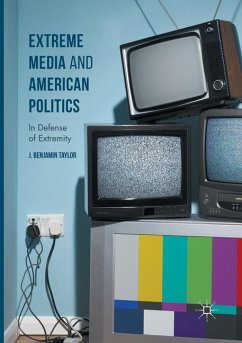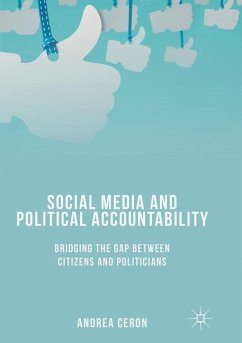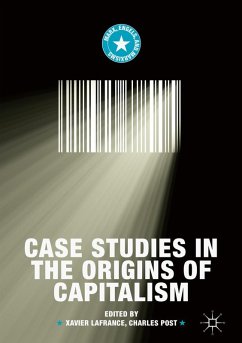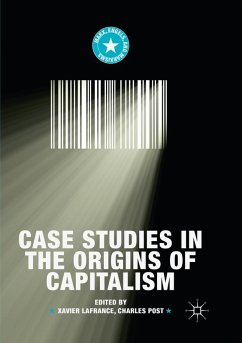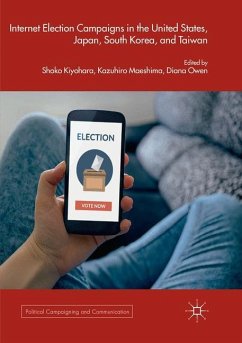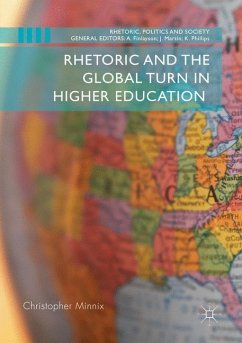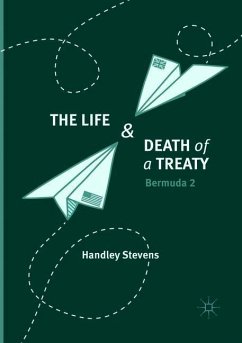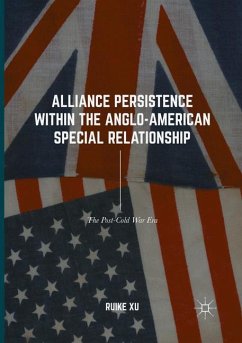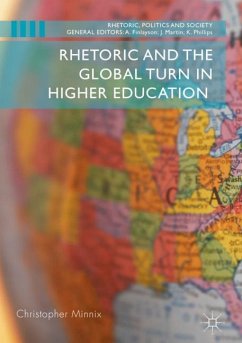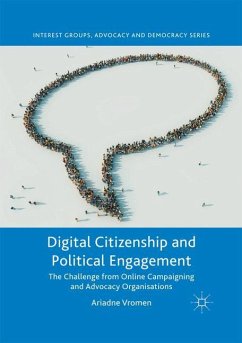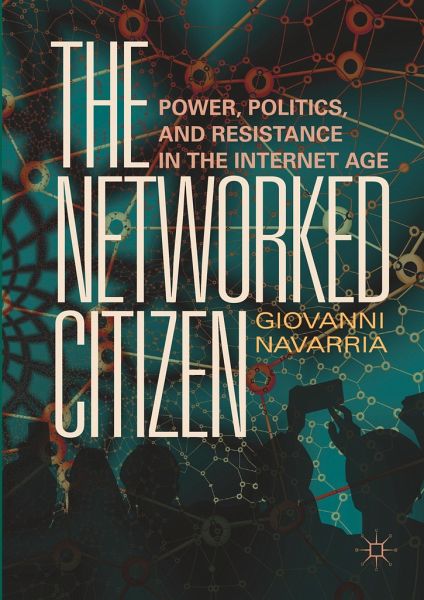
The Networked Citizen
Power, Politics, and Resistance in the Internet Age

PAYBACK Punkte
29 °P sammeln!
This book investigates the changing meanings of power and politics in the Internet age and questions whether the political category of the citizen still has a meaningful role to play in the highly-mediated dynamics of an increasingly networked world. To answer such questions, the book analyses and compares the impact of the Internet on the relationship between state, citizens, and politics in three countries: the USA, Italy, and China. The book's journey starts in the mid-90s and ends in 2016. It pays particular attention to Obama 2008 and Trump 2016 presidential campaigns, the ascendance to p...
This book investigates the changing meanings of power and politics in the Internet age and questions whether the political category of the citizen still has a meaningful role to play in the highly-mediated dynamics of an increasingly networked world. To answer such questions, the book analyses and compares the impact of the Internet on the relationship between state, citizens, and politics in three countries: the USA, Italy, and China. The book's journey starts in the mid-90s and ends in 2016. It pays particular attention to Obama 2008 and Trump 2016 presidential campaigns, the ascendance to power in Italy of the anti-establishment Five Star Movement, and to the enduring Chinese government's struggle to control the Internet public opinion.
The book challenges the traditional understanding of power through which the strong typically prevails over the weak. This leads to a clearer understanding of the wider role citizens can play (and must play) in a networked political sphere, while it also warns the reader on the many risks citizens face in a post-truth world.
The book challenges the traditional understanding of power through which the strong typically prevails over the weak. This leads to a clearer understanding of the wider role citizens can play (and must play) in a networked political sphere.
The book challenges the traditional understanding of power through which the strong typically prevails over the weak. This leads to a clearer understanding of the wider role citizens can play (and must play) in a networked political sphere, while it also warns the reader on the many risks citizens face in a post-truth world.
The book challenges the traditional understanding of power through which the strong typically prevails over the weak. This leads to a clearer understanding of the wider role citizens can play (and must play) in a networked political sphere.





